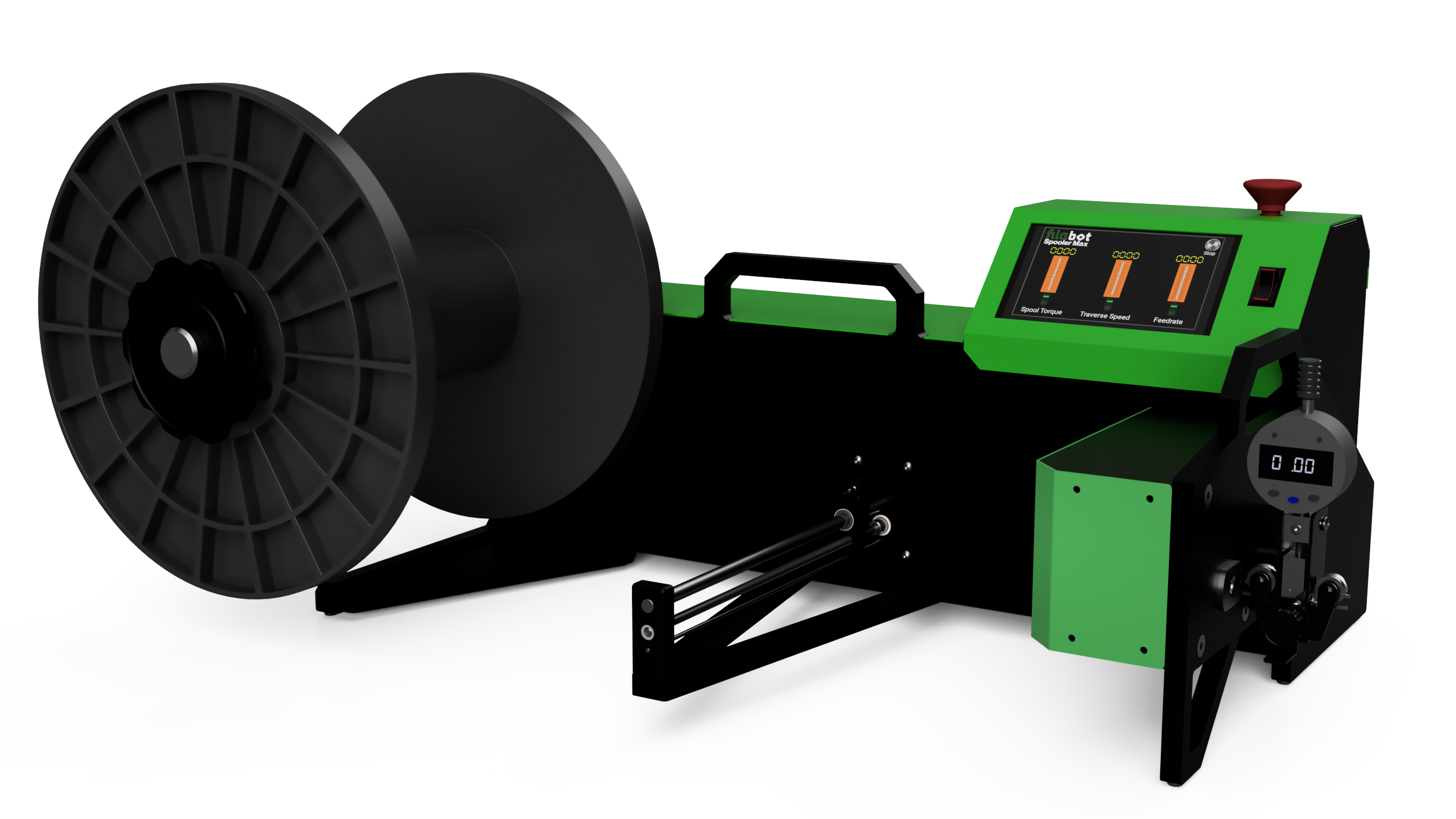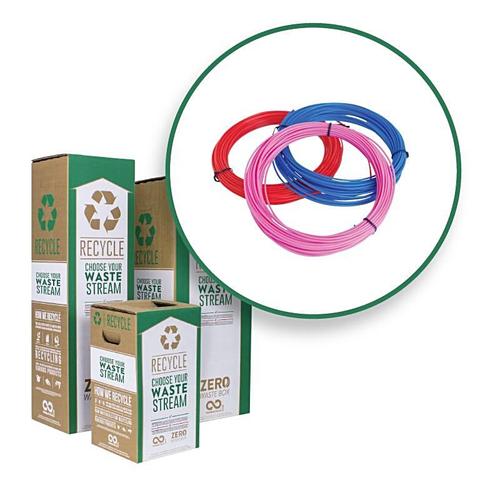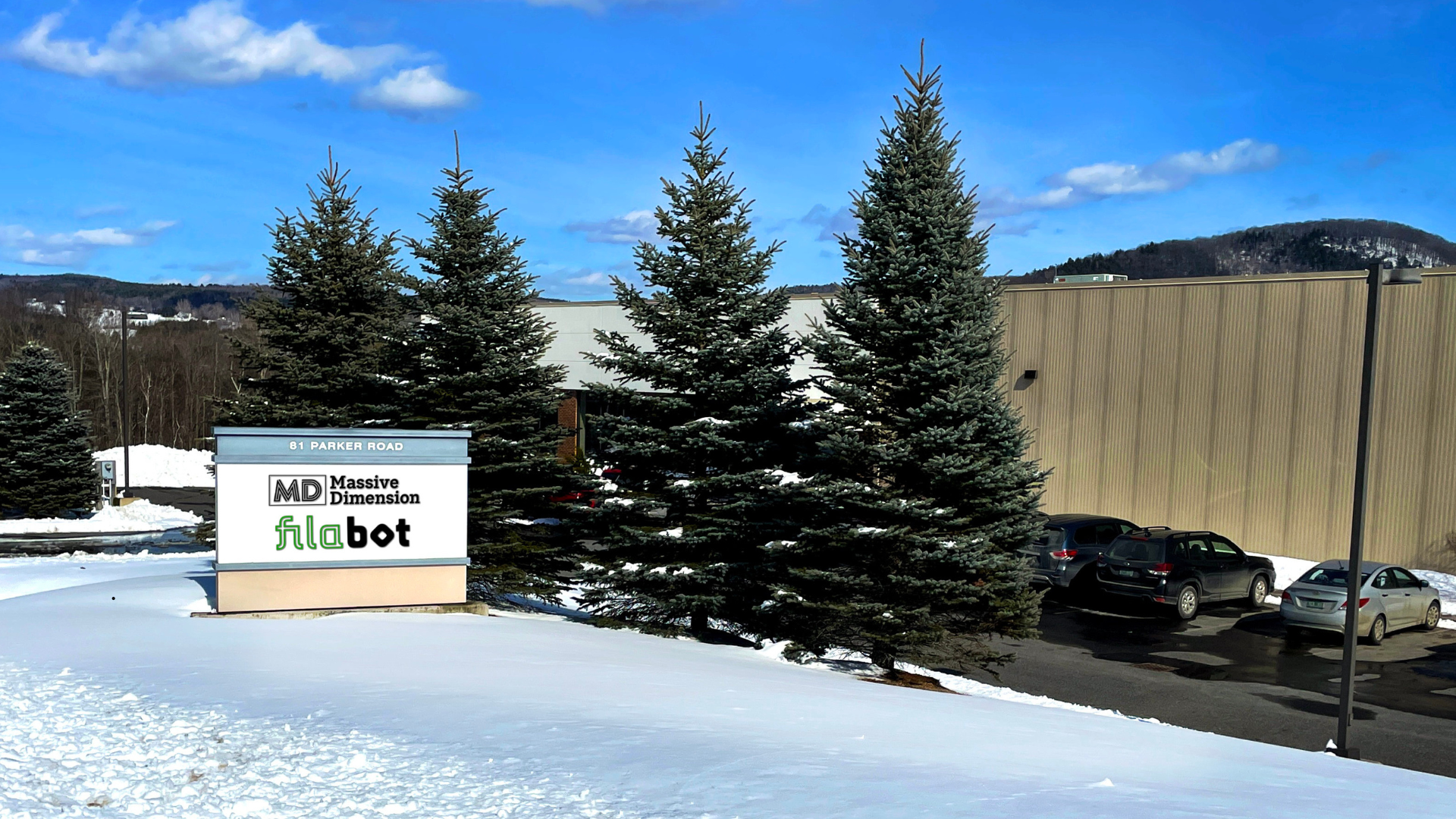Plastic is one of the most versatile substances known. If you really look, it’s hard to find anything that doesn’t have plastic. From food packaging to clothing to the chair I am sitting in right now, plastic is all around us. The ubiquity of plastic has made us feel safe with it, comforted that we need only recycle those things we’re finished with to remove concern.
And if that were true, this would be a very short and unnecessary article.
First, let’s remember that Filabot is not anti-plastic; we’re pro-plastic. We not only produce machines that allow you to create and recycle plastic, we’ve been doing so for years. But there’s an element of our impetus that we don’t speak of often. Filabot was actually born of recycling.
It was the waste produced from failed prints that led to our first filament extruder. It was from a passion for the environment, something so deeply threaded through our consciousness here in Vermont that it permeates everything we do. It’s hard for a Vermonter to not consider environmental impact.
I can’t say when we first learned of Parley for the Oceans, an organization addressing the safety and sustainability of our oceans. Parley, as they’re often referred to, has produced a volume of information around the problem of microplastics.
If you’re unfamiliar with the term, microplastics are just what they sound like – small pieces of plastic. And, unfortunately, they’re even scarier than large pieces of plastic.
You may have seen our Filabot Live video where we discussed the challenge of lost golf balls in the world’s water. In that video, we talk about the timeline to degrade and the environmental impact of a preventable “waste” stream. Microplastics are much more diverse, much more substantial and, alas, much more problematic.
Golf balls, while certainly not good for the environment, are unlikely to have a massive impact on the quality of water or health of marine life. Microplastics not only can have a substantial impact, they already are. Marine life is consuming microplastic, which breaks down little as it is consumed and passed up the food chain. Meaning that the wild-caught fish you paid extra for at the grocery store may actually be worse for you than the farm-raised stuff.
Plastic has become so ubiquitous that we’re now eating it.
As depressing as the subject is, we aren’t powerless. Parley has great information about reducing our dependence on plastic and further reducing the impact. And while our systems can be used for generating new materials, which adds to the problem, they can also be used to solve the problem.
One of the avenues that Parley is encouraging is the creation of new plastic materials. Materials that could be more completely recycled and eliminate the breakdown of plastic into particle form, especially in the ocean. Could our machines extrude these new varieties of plastic? We don’t know, because that new plastic hasn’t been developed yet. We are committed, though, to updating and producing machines to support those working on the problem.
Our goal with this article is not to scare you or guilt you into any action. It is simply to inform you and provide resources for your own education. Progress comes first from awareness, and then understanding. We will continue to support Parley, as we do with many partners in the plastic industry. With enough effort, we’re confident that we can solve this challenge in a way that’s beneficial to all.






2 comments
Tom Coe
@Wendy we’re giving it a good go here on the Isle of Skye. check out Skye Marine Plastics on Facebook and Instagram.
Early steps but hopefully
@Wendy we’re giving it a good go here on the Isle of Skye. check out Skye Marine Plastics on Facebook and Instagram.
Early steps but hopefully
Wendy Bishop
Can we use plastics found
On the beach (as mentioned above) in your machines?
Can we use plastics found
On the beach (as mentioned above) in your machines?